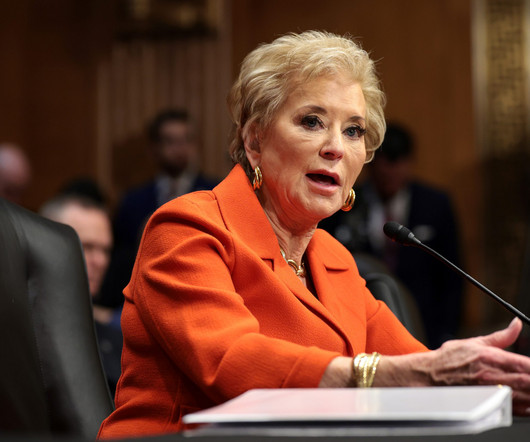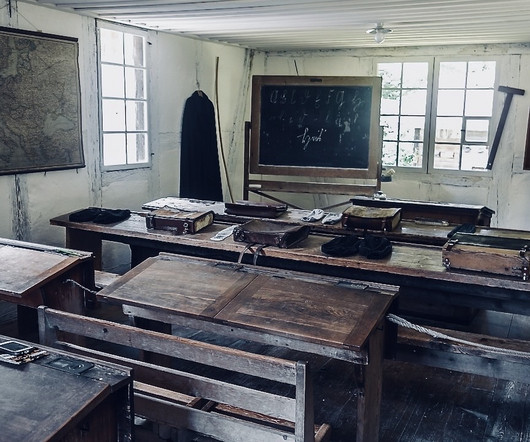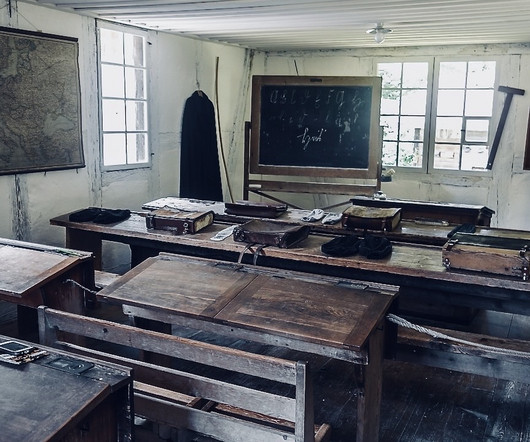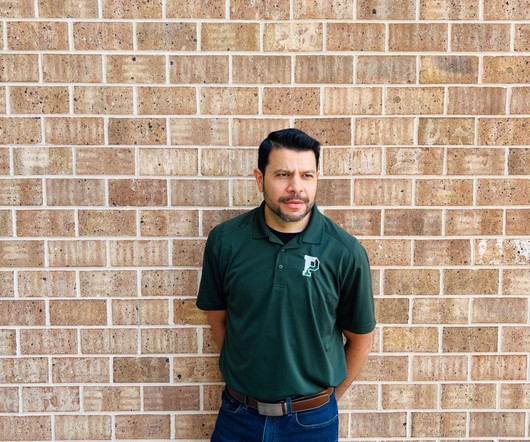Education nominee McMahon says she supports calls to dismantle the agency but that funding wouldn’t be affected
The Hechinger Report
FEBRUARY 13, 2025
But McMahon would not say that running affinity groups for students from certain racial or ethnic backgrounds, such as a Black engineers club or an after-school club for Vietnamese American students, was permitted. Department of Health and Human Services would administer the money instead of the Education Department.

















Let's personalize your content